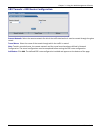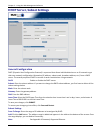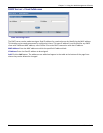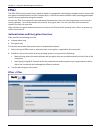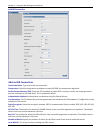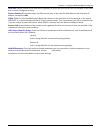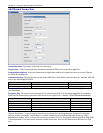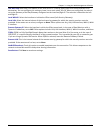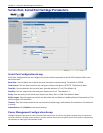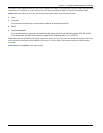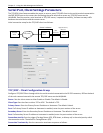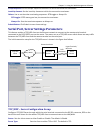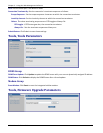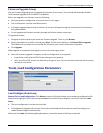
Chapter 3 – Using the Web Management Software
76 MultiModem rCell User Guide
Left Next Hop: Next Hop is the address of the next device in a routing table’s path that moves a packet to its
destination. You can configure this setting or leave it as a static value: 0.0.0.0. When not configured, the value is
set to the Gateway of the Box/Gateway configured on the Interface/Right IP. The selection is based on the Left
and Right IP.
Local WAN IP: Select the Interface to initiate the IPSec tunnel (Left Security Gateway).
Local LAN: Select the internal subnet of the local security gateway for which the security services are to be
provided. If the router acts as a host, configure as None. Other options are Any, LAN, LAN Interface, WAN 1, WAN
1 Interface.
Remote Gateway IP: Select the interface in which the IPSec tunnel ends. In the case of Road Warriors with a
Dynamic IP addresses, set to ANY. Other options include: LAN, LAN Interface, WAN 1, WAN 1 Interface, and None.
FQDN: FQDN is a Fully Qualified Domain Name that resolves to the Local Wan IP of the router or in the case of
GRE/IPSEC, it is used to identify the Wan IP of the remote location. This is provided by your ISP or created by you
if you are using a Dynamic DNS service. When FQDN is selected, leave the Remote Gateway IP blank.
Remote LAN: This is the internal subnet of the remote security gateway for which the security services are to be
provided. If the remote end is a host, set to None.
NetBIOS Broadcast: Check this option to enable broadcasts over the connection. This allows computers on the
network to share Microsoft file and printer sharing information.
Save Button: Click Save to save these settings.



